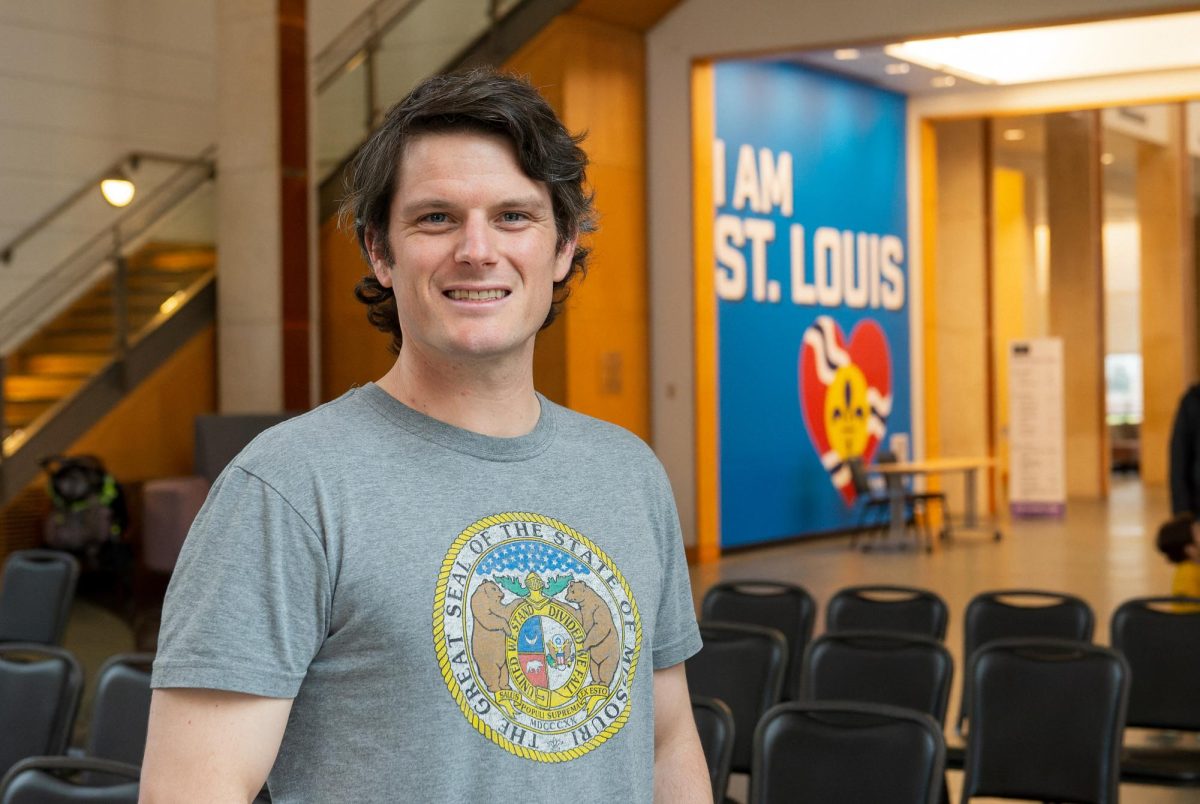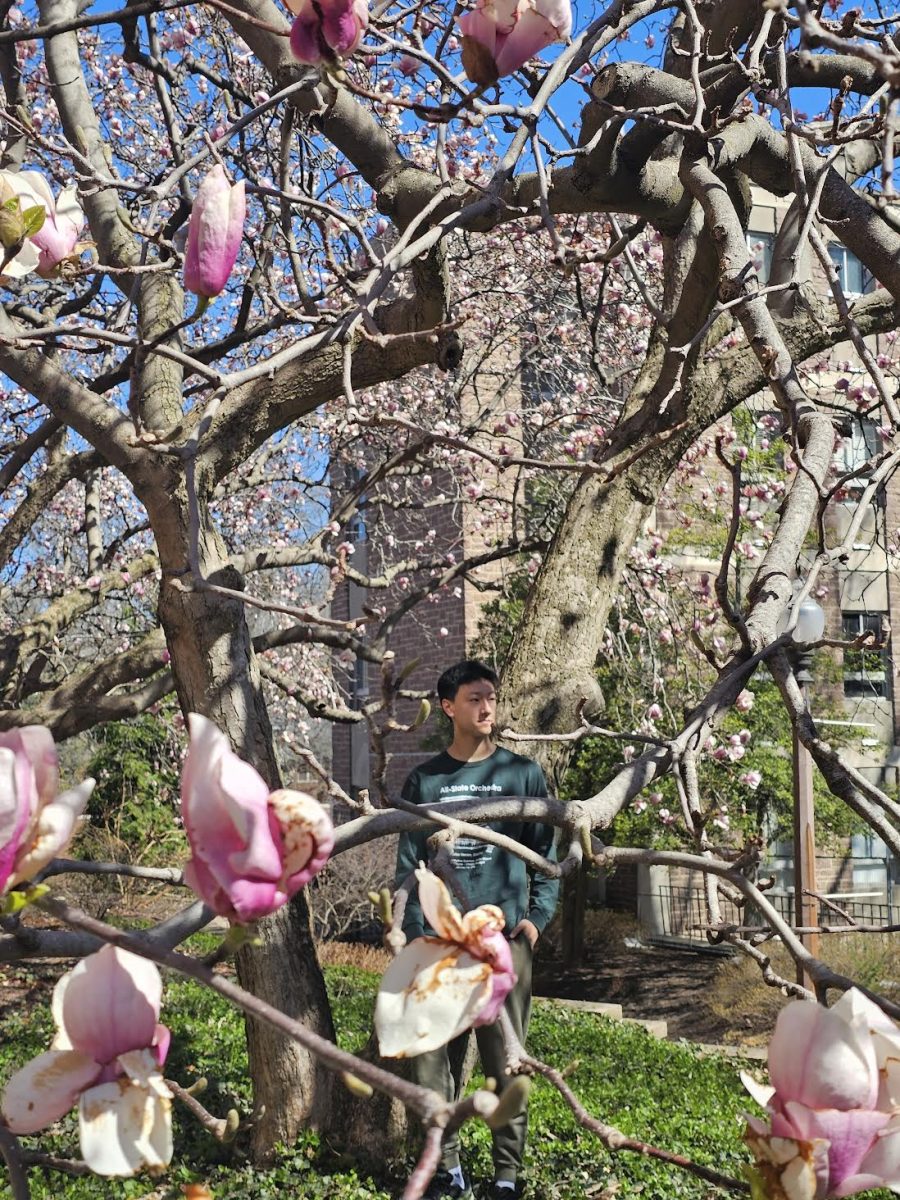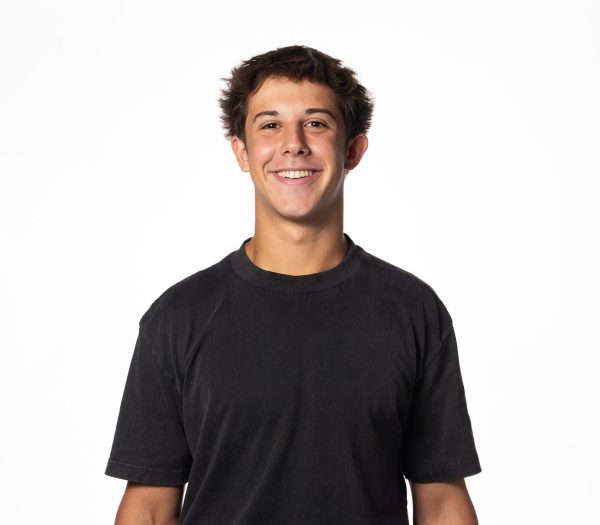The stock market is one of the most powerful components of the economy. It allows businesses and individuals to invest in themselves or others, with the chance to help fill their wallets. Yet, as important as it is, there is a lack of education around it in schools. When they become adults, the younger generations are left on their own to try and make their way into the world of investing.
Since they often lack a proper understanding of how the market works, many decide to opt out of what could be a transformative addition to their lives. Eric Fan (11) has become incredibly acclimated to the stock market. According to him, understanding the stock market and how to invest is an invaluable skill that everybody should learn.
“Investing is definitely one of the most important life skills to have, especially with inflation rising so heavily right now,” Fan
said. “You see the news every day of how the cost of living is getting so much higher and people are making less and less money. It’s important to make sure you’re turning the money that you have set aside into more money so you can do more with your life.”
Fan’s been accustomed to the stock market for several years. At Ladue, he was not only reintroduced to the game, but also to the world of investing. His junior year, he took Investment Strategies with business teacher Chris Geisz and began to use what he learned in class in practice. “It’s been learning a lot of new strategies from Mr. Geisz in the class,” Fan said. “A big unit of the
class was about investing in the stock market. So I just took some notes during class, some of the strategies he gave us, and applied them to the Stock Market Game.”
Fan credits his understanding to the advice and help from teachers and friends around him. Geisz suggests young adults make an effort to gain experience with investing, but explains utilizing adult knowledge can be helpful.
“Start early, because you can’t make up for lost time,” Geisz said. “It doesn’t necessarily matter what you invest in. But, if you have the help of a professional or an adult who kind of knows what they’re doing, the earlier you can get invested, the better that’s going to be for you long term. [Investing] definitely helps you in growing your wealth and your assets.”
Geisz also suggests apps such as Robin Hood or Acorns that allow you to learn different things. However, his biggest piece of advice is to actually start investing.
“The biggest thing I would say is going to the adults in your life and telling them that you want to start doing something like setting up a Roth IRA account,” Geisz said. “In that sense, what you can do is start putting money into that and investing through your Roth IRA. That money will grow as you grow, and then when you pull it out, it’s tax-free money. If you start that early enough, you could get 40-plus years of compounding. It just makes such a big difference for your financial freedom in the long run.”
Geisz feels investing in particular is a vital part of education. Even though the state requires economic classes, he still sees the importance of teachers making an extra effort to educate younger generations.
“I think [investing] is something that every kid should know,” Geisz said. “Every kid should understand how it works. Investment is a part of the curriculum, but how heavily it goes in is kind of up to the different teachers and how they assess all that. I think it’s the most important class we teach because only good things come out.”



![A client poses for a photo. Although Hannah Hiken (12) enjoys painting nails for others, she prefers to have control of her own artistic freedom. “I do [nails] on myself a lot. I think that's what I really enjoy most,” Hiken said. “Doing it on myself, because I can choose everything I want to do.”
Photo courtesy of Hannah Hiken](https://laduepublications.com/wp-content/uploads/2025/05/IMG_1740-1200x986.jpeg)
![Duckham spends large amounts of her free time reading. Dealing with fewer classes this year, Duckham’s bookshelf at home has seen more use. “I call every book my favorite, but not truly every book [is]. I wrote my dissertation on Herman Melville, so I guess I'd have to say Moby Dick, is definitely one of my all time favorites,” Duckham said. “I really do love both British and American novelists of the 19th century. I tend to prefer nonfiction over fiction. For some reason, I think there's so many great non fiction writers, and I love the whole idea of something being true.
(Photo Courtesy of Janet Duckham)](https://laduepublications.com/wp-content/uploads/2025/05/IMG_6605-1200x900.jpeg)


![ABOVE: Duncan Kitchen (10) plucks the strings of his guitar at his home. Duncan’s older brother inspired him to start playing the guitar two years ago. “On any given day [in Alaska], you could walk up the mountain start a campfire [and] play guitar,” Duncan said. (Photos by Vincent Hsiao)](https://laduepublications.com/wp-content/uploads/2025/04/Hsiao_20250325_DuncanKitchen_010-1200x839.jpg)


